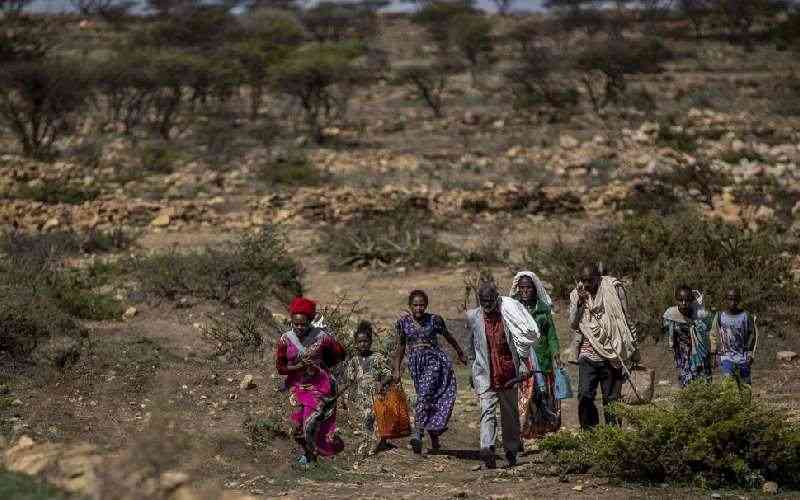×
The Standard e-Paper
Fearless, Trusted News

Ethiopia's lead negotiator in ongoing peace talks asserted Friday that 70% of the country's northern Tigray region is now under military control and aid deliveries have resumed to the area, but there is no immediate confirmation from aid workers or Tigray spokesmen.
National Security Adviser Redwan Hussein tweeted the information as the talks continued in neighboring Kenya, and as the United States applied pressure on Ethiopia's government to swiftly deliver aid and basic services.